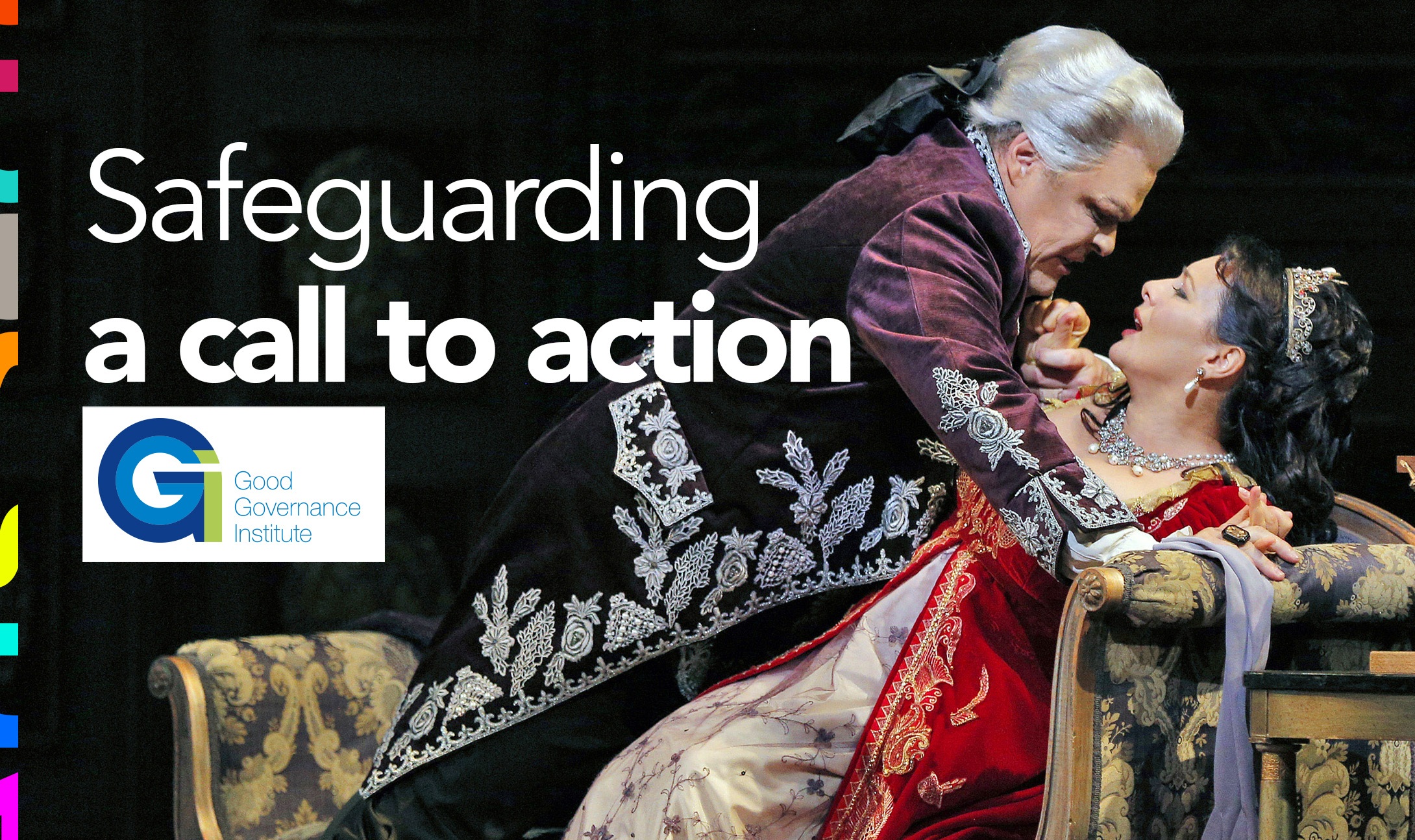It should never have needed #MeToo but one of its most powerful legacies has been to highlight the role of good governance in protecting the vulnerable. It has also cast aside any doubt about whether good governance is possible unless an organisation welcomes and seeks diversity in all its forms.
Earlier this year, GGI held an event at the ENO to explore safeguarding in the arts. Arts organisations face specific challenges – limited professional regulation, idiosyncrasies of performance and rehearsal, and requirements for activities and actions that would not normally be accepted in everyday life. But they also face issues that every organisation, from any sector, must address.
Wherever there is a transient workforce, or competition to succeed, or an ‘audience’ that is diverse and active on social media, or institutional or individual bias – in other words, wherever there is human interaction – Boards must have policies and procedures that shelter people from harm.
Safety is central to a positive organisational culture. The days of organisations being able to rely on an employee’s loyalty to one employer are long gone. The next decade is one of the most uncertain in several generations as we face an ageing population, the unknown consequences of Brexit, and so much more. GGI is encouraging its clients to be the very best that they can, and to focus wherever they can on extracting competitive advantage in recruitment and retention.
After all, who would want to work somewhere that wasn’t focused on looking after its own or didn’t embrace diversity?
Leaders need to take deliberate and strategic action. GGI’s approach in matters of significance is to devise and to facilitate use of Board Assurance Prompts (BAP), which describe the key questions that Boards should be asking of themselves and their organisations to ensure that good governance is in place.
At a BAP’s heart is a maturity matrix that allows Boards to self-assess the appropriateness of their policies, processes and behaviours. When it comes to safeguarding, we recommend that a Board should aim to be either ‘mature’, able to demonstrate that comprehensive assurance is in place, or ‘exemplar’, able to provide leadership to other organisations on the back of consistent achievement.
In the coming few weeks GGI will develop a Safeguarding BAP with specific reference to the cultural and third sector, which we will then use to inform our work more broadly and contribute to the growing knowledge library of the Cultural Governance Alliance. If you are willing to be involved, please do get in touch. We’d love to work with as diverse a group as possible.
Find out more at www.good-governance.org.uk or by contacting Andrew Hughes, GGI Change Director via [email protected]



